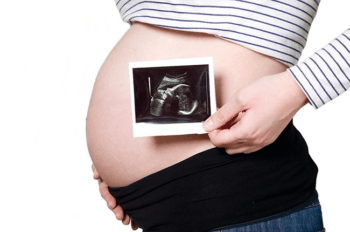New Research May Lead To Better Outcomes For Children Born With Fetal Alcohol Syndrome

According to a recent study, about half of the 6.6 million pregnancies in the United States each year are unplanned.
As a result, many women may not know they are pregnant in time to change behaviors that might be detrimental to unborn children, such as drinking alcohol.
Rajesh Miranda, Ph.D., a professor in the Texas A&M College of Medicine, has devoted his career to studying one of the consequences of this – fetal alcohol syndrome.
Children who are born with fetal alcohol syndrome can have a range of symptoms, including physical defects such as small head size and minor facial abnormalities, neurodevelopmental disabilities and behavioral problems. In severe cases, the two halves of the brain merge to form a condition called holoprosencephaly.
About five percent of school-age children in the United States are estimated to suffer from fetal alcohol syndrome, which is about the same percentage of children who are diagnosed with autism. In countries with high rates of alcoholism – such as parts of the former Soviet Union – the rates of fetal alcohol syndrome can be in the double digits.
To learn more about this research, see Vital Record.
This article by Ellen Davis originally appeared in Vital Record.





